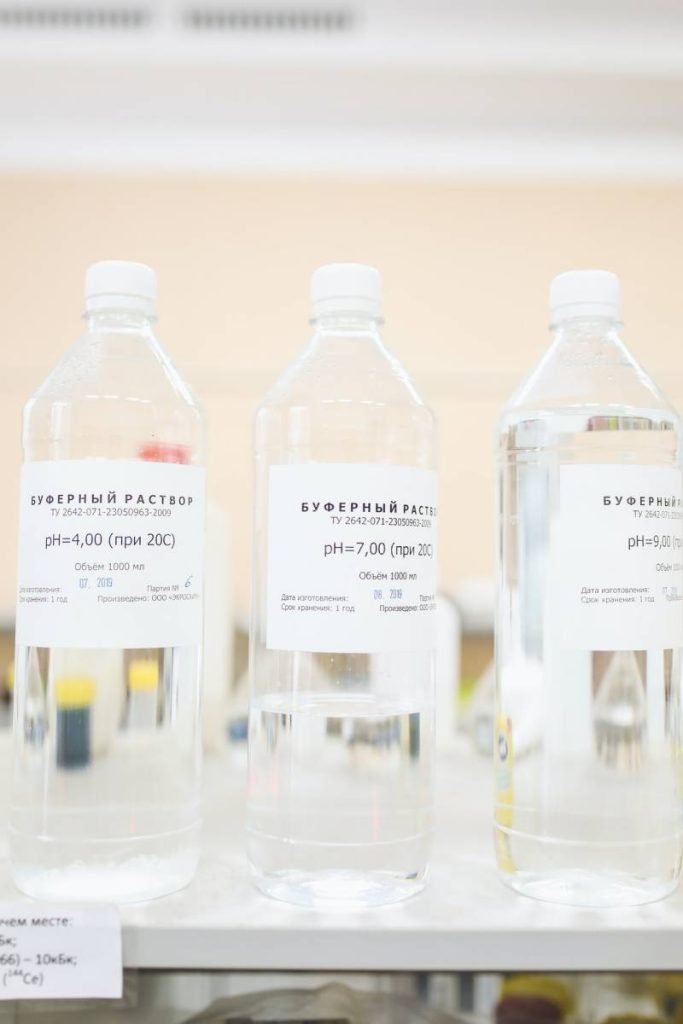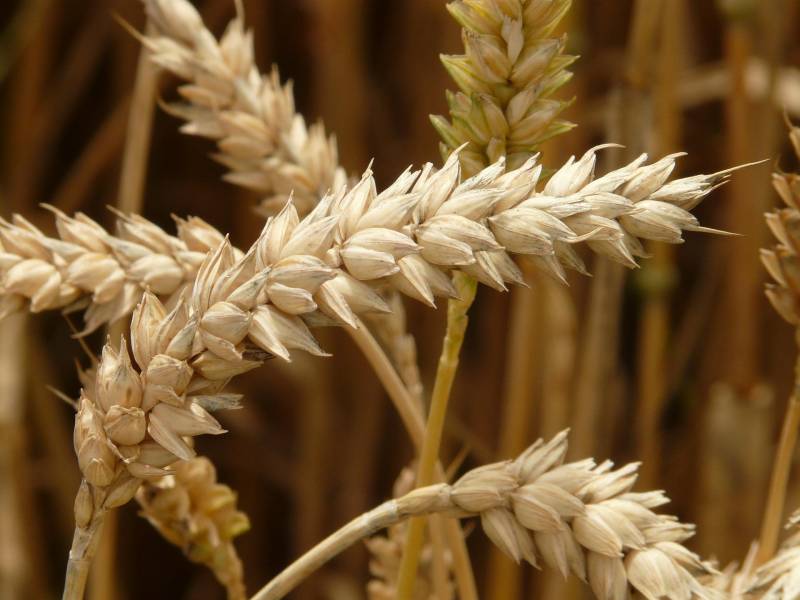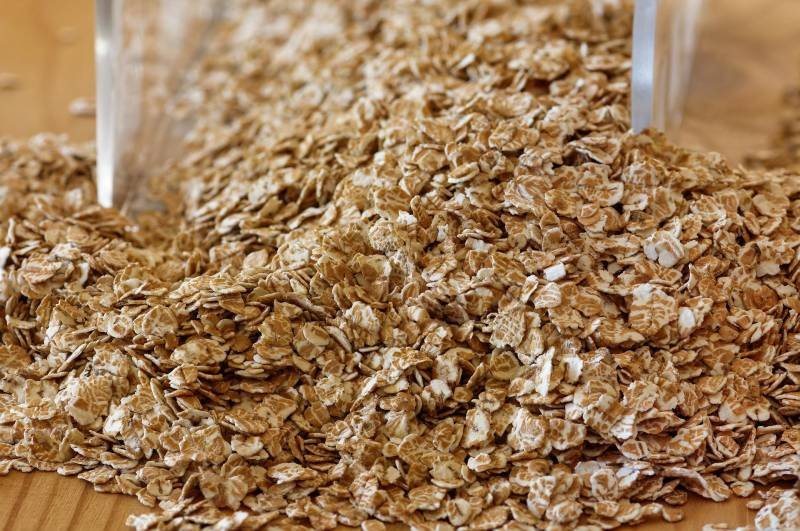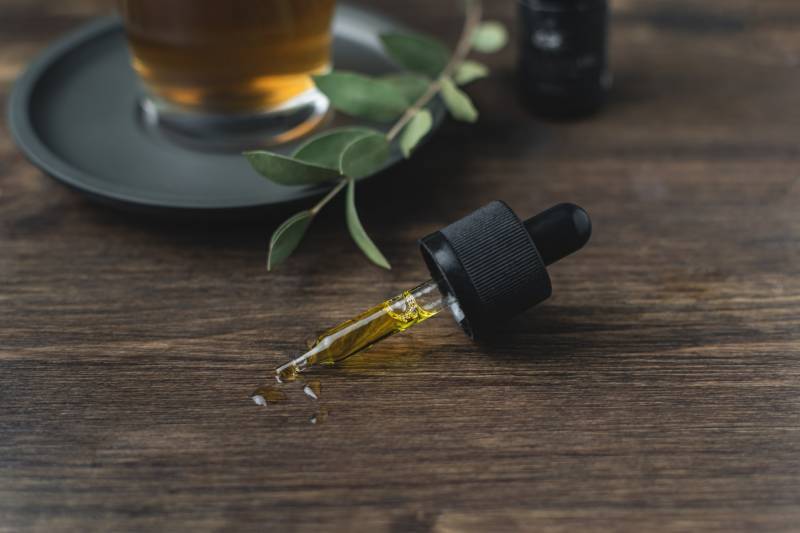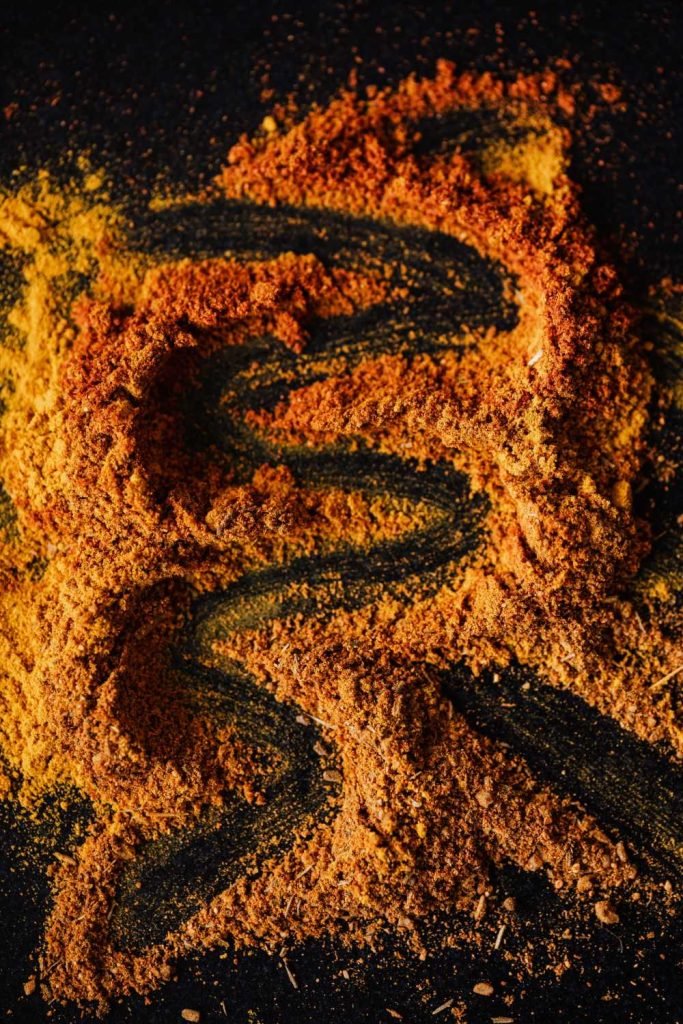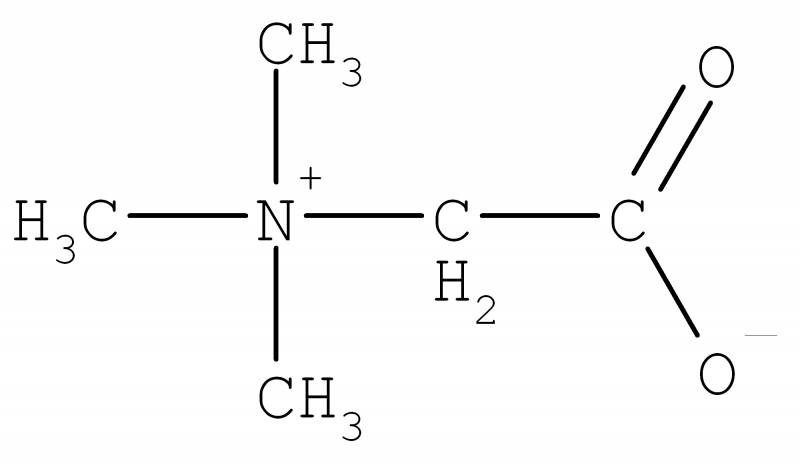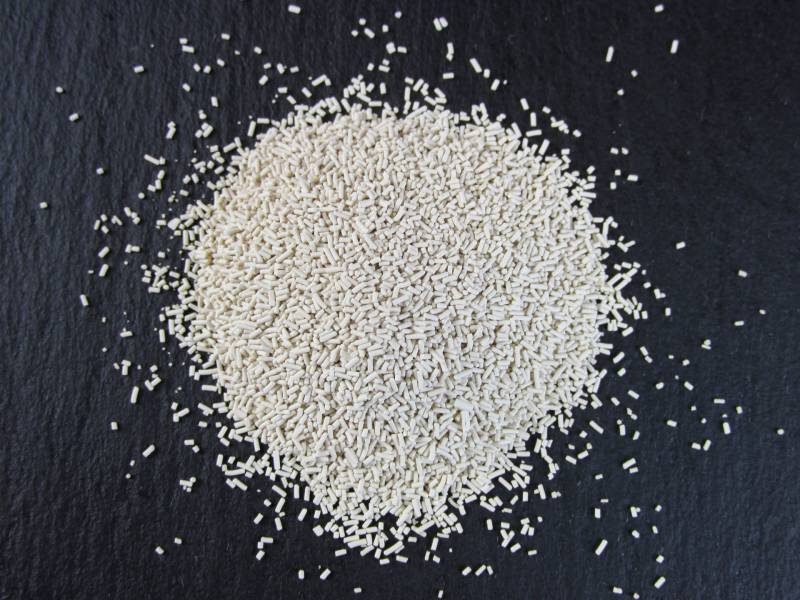Methylcobalamin
The B complex group of vitamins comprises of various forms of vitamin B. Each of these vitamins performs certain functions which are common to the entire group, and also certain functions which are specific to each vitamin. Cobalamin, also known as vitamin B12, is part of the B complex group. Methylcobalamin, is a form of …


